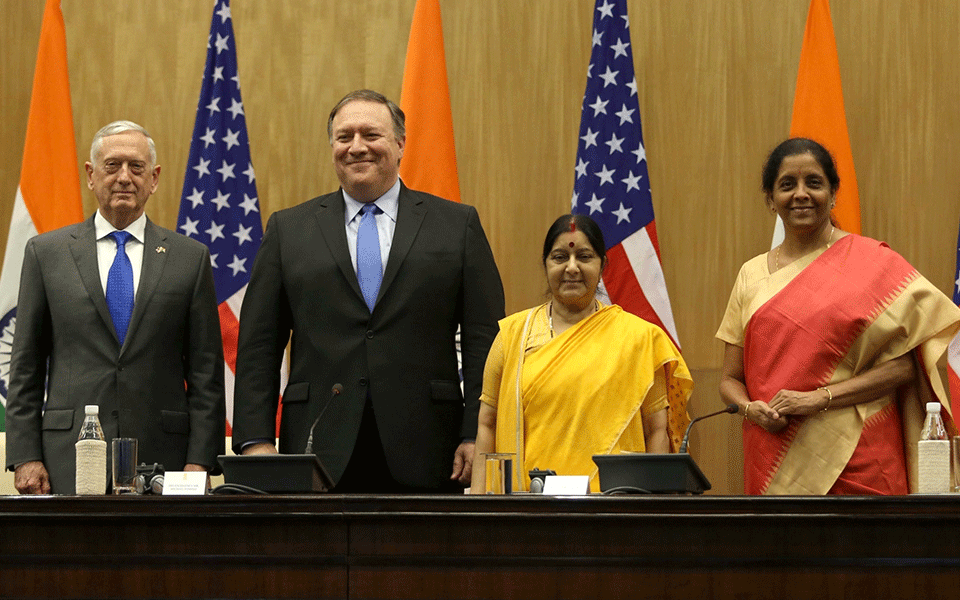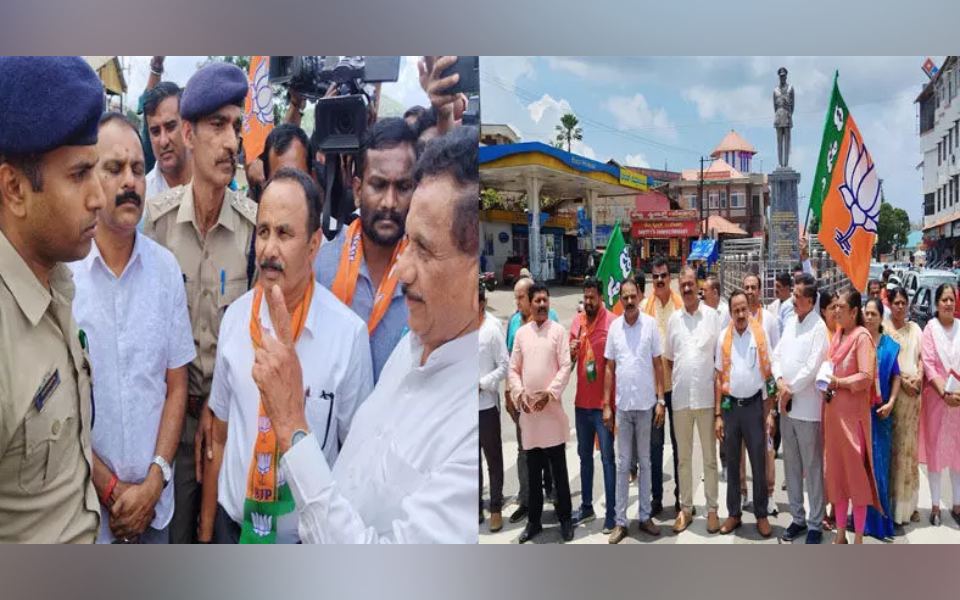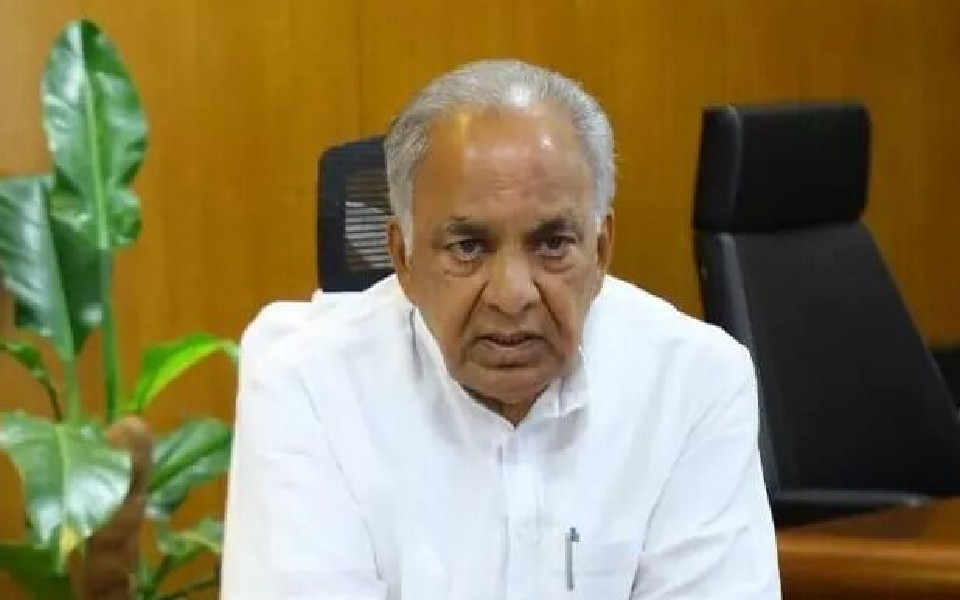New Delhi, Sep 6 : The Communications Compatibility and Security Agreement (COMCASA) that was signed on Thursday after the first ever India-US 2+2 Ministerial Dialogue will give India access to high-end US defence technology.
COMCASA is one of the four foundational agreements that a country needs to sign to become a major defence partner of the US, the other three being General Security of Military Information Agreement (GSOMIA), the Logistics Exchange Memorandum of Agreement (LEMoA) and the Basic Exchange and Cooperation Agreement (BECA).
While India signed the GSOMIA in 2002, and the LEMoA, which gives access to both countries to designated military facilities on either side for the purpose of refuelling and replenishment, in 2016 after being made a major defence partner, the BECA, which facilitates the exchange of geospatial data, is yet to be signed.
COMCASA guarantees India access to critical US defence technologies and communication network to help the militaries of the two countries in their interoperability.
The Indian armed forces will now also be allowed to install US-made high-security communication equipment on defence platforms sourced from America.
Earlier called the Communication and Information on Security Memorandum of Agreement (CISMOA), the name was changed to COMCASA to reflect its India-specific nature.
It will enable India to optimally utilise its existing US-origin platforms like C-17, C-130 and P-81.
India was earlier using commercially available and less secure communication systems on such platforms.
COMCASA essentially provides a legal framework for transfer of communication security equipment from the US to India.
Let the Truth be known. If you read VB and like VB, please be a VB Supporter and Help us deliver the Truth to one and all.
Guwahati, Apr 4 (PTI): The Assam cabinet has decided to lift all cases pending against people from the Koch Rajbongshi community in the Foreigners' Tribunals, Chief Minister Himanta Biswa Sarma said on Friday.
They will also no longer carry the tag of 'D' or doubtful voters, he said.
''There are 28,000 cases pending in different Foreigners' Tribunals in the state against people of the community. The cabinet has taken a historic decision of lifting the cases with immediate effect,'' Sarma said at a press conference here after the cabinet meeting.
The government believes that the Koch Rajbongshis are an indigenous community of the state and they are an inextricable part of ''our social and cultural fabric'', he asserted.
The people of this community are poor and have suffered a lot over the years, he said.
''They will no longer carry the tag of foreigners or ‘D’ voters,'' the CM said.
Foreigners Tribunals are quasi-judicial bodies, particularly in Assam, established to determine if a person residing in India is a "foreigner" as defined by the Foreigners Act of 1946, based on the Foreigners (Tribunals) Order of 1964.
These tribunals are designed to address matters related to citizenship and the presence of “foreigners” in India, specifically focusing on cases where someone is suspected of being an illegal immigrant.
There are 100 Foreigners’ Tribunals across Assam.
The Koch Rajbongshis have a sizeable presence in Assam, West Bengal, Meghalaya, and parts of Bangladesh, Nepal, and Bhutan, and they demand Scheduled Tribe status.





